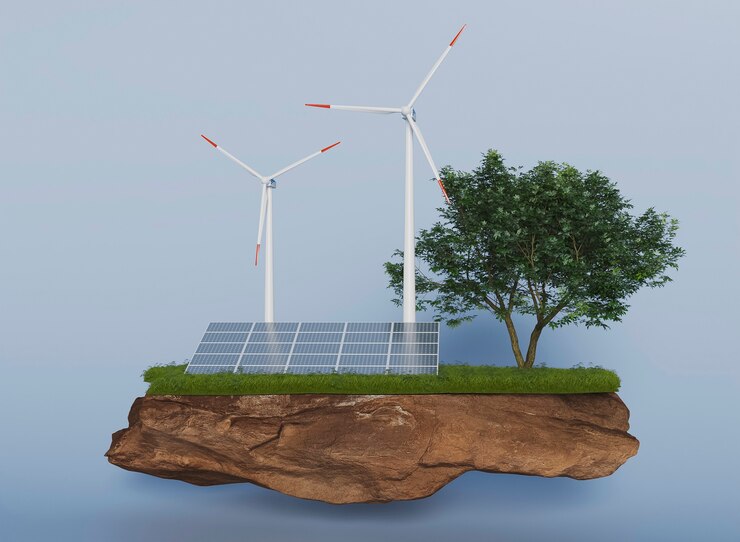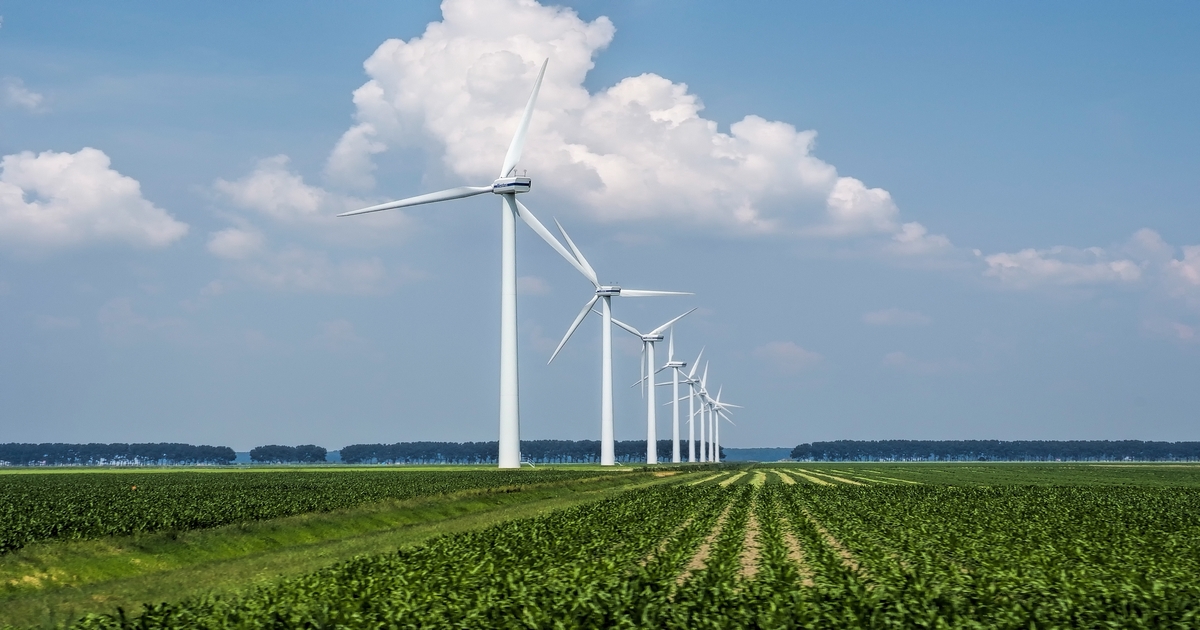Eco-Friendly Future
Have you ever stopped to think about how our lifestyle impacts the planet? It’s undeniable that the way we live has direct consequences on the environment, and more and more people are waking up to the need for adopting sustainable practices. From sustainable development to technological revolution, we are experiencing a transformation that promises to shape a more eco-friendly future.
Sustainable Development: An Urgent Necessity
The concept of sustainable development is no longer just a beautiful phrase in political speeches; it has become an urgent necessity. The growing awareness of the negative impacts of human activities on the environment has prompted society to rethink its habits and priorities.
The first step toward a sustainable future involves understanding that natural resources are finite. From the water we drink to the air we breathe, the unrestrained exploitation of these resources is leading to alarming environmental degradation. Sustainable development proposes a balance between economic growth and environmental preservation, ensuring that future generations inherit a healthy planet.
Technological Revolution: Transforming How We Live
The technological revolution plays a crucial role in this journey toward sustainability. Constant innovations are shaping how we interact with the environment and offering innovative solutions to environmental challenges. Technology is no longer just a convenient tool; it has become an ally in the quest for an eco-friendly future.
A notable example of this partnership between technology and sustainability is the rise of renewable energy. Solar panels and wind turbines are becoming integral parts of the energy matrix, reducing dependence on non-renewable sources and decreasing greenhouse gas emissions. Technology is enabling us to explore and harness nature’s potential in a more efficient and clean manner.
Smart Cities: The Path to a Sustainable Future
As we move toward an eco-friendly future, smart cities emerge as a key piece in this puzzle. These cities seek to integrate technology to optimize resource use, improve quality of life, and minimize environmental impact. Smart sensors monitor traffic, public lighting adjusts automatically to weather conditions, and waste is efficiently managed.
Imagine a city where urban mobility is driven by efficient public transportation and electric vehicle sharing. Buildings are constructed with sustainable materials, and green spaces are a priority. This vision of smart cities represents a future where technology not only simplifies daily life but also contributes to environmental preservation.

Environmental Education: The Foundation for Change
To ensure that the transition to an eco-friendly future is successful, environmental education plays a crucial role. Raising awareness about the importance of daily choices, from product purchases to waste management, is fundamental. Schools, businesses, and governments have the responsibility to provide information and resources that empower people to make sustainable choices.
The technological revolution is not just about gadgets and impressive innovations; it is also about empowering people with knowledge. Apps that monitor energy consumption, online educational platforms, and environmental awareness initiatives are tools that empower individuals to actively contribute to a more sustainable future.
Challenges on the Path to an Eco-Friendly Future
While the vision of an eco-friendly future is inspiring, it’s crucial to acknowledge the challenges that lie ahead. The transition to sustainable practices and technologies faces resistance from established systems, economic interests, and ingrained habits. Overcoming these challenges requires a collective effort and a commitment to prioritizing the long-term health of the planet over short-term gains.
One of the significant hurdles is the transition from fossil fuels to renewable energy sources. Although the strides in renewable energy are noteworthy, the world still heavily relies on non-renewable resources. Shifting the global energy landscape demands substantial investments in infrastructure, policy changes, and international cooperation.
Additionally, the digital divide poses a challenge in ensuring that the benefits of the technological revolution are accessible to all. As we move towards smart cities and tech-driven solutions, it’s essential to address the disparities in technological access to prevent creating a new form of environmental inequality.
Innovation and Collaboration: Keys to Success
Overcoming these challenges requires a commitment to innovation and collaboration on a global scale. Governments, businesses, and communities must work together to create policies that incentivize sustainable practices, invest in green technologies, and promote environmental education.
Innovation in sustainable technologies is pivotal. Research and development in areas like energy storage, carbon capture, and sustainable agriculture can pave the way for more effective and widespread eco-friendly solutions. Collaboration between industries, governments, and research institutions is essential for sharing knowledge and resources to accelerate these innovations.

Individual Empowerment: Driving Change from the Ground Up
While systemic changes are crucial, individual empowerment should not be underestimated. Each person has the power to contribute to the eco-friendly future through everyday choices. Simple actions, such as reducing waste, conserving energy, and supporting sustainable products, collectively make a significant impact.
Moreover, individuals can play an active role in advocating for policy changes and supporting businesses that prioritize sustainability. Social awareness and consumer demand have the potential to drive industries toward more eco-friendly practices. By making informed choices and raising awareness in our communities, we contribute to a groundswell of support for a sustainable future.
The Ripple Effect: A Global Movement
The shift toward an eco-friendly future is not the responsibility of a single nation or a specific group. It’s a global movement that requires collaboration and shared responsibility. International agreements, such as the Paris Agreement, set the stage for coordinated efforts to combat climate change, but the success of these agreements relies on the active participation of every nation and individual.
As more countries commit to ambitious sustainability goals and corporations adopt eco-friendly practices, a ripple effect is created. This ripple effect extends beyond borders, inspiring others to join the movement. The success stories of sustainable initiatives become blueprints for others to follow, creating a positive feedback loop of innovation and progress.
Looking Ahead: A Legacy for Future Generations
In conclusion, the journey from sustainable development to a technological revolution signifies a profound shift in our relationship with the environment. It’s a journey that demands not only systemic changes and technological advancements but also a shift in mindset and individual behavior.
As we look ahead, the decisions we make today will shape the legacy we leave for future generations. The eco-friendly future is not a distant dream; it’s a present reality waiting to be embraced. By overcoming challenges, fostering innovation, and fostering global collaboration, we can ensure that the path to an eco-friendly future becomes a well-trodden trail for generations to come.
The time to act is now. Let us stand united in our commitment to building a sustainable and eco-friendly future. Through collective efforts, we can ensure that the planet we pass on to the next generations is not only habitable but thriving with biodiversity, clean air, and abundant opportunities. The future is in our hands, and together, we can make it truly eco-friendly.
Did you like this topic? See more content about: Sustainability
SOURCE: Telecom review





